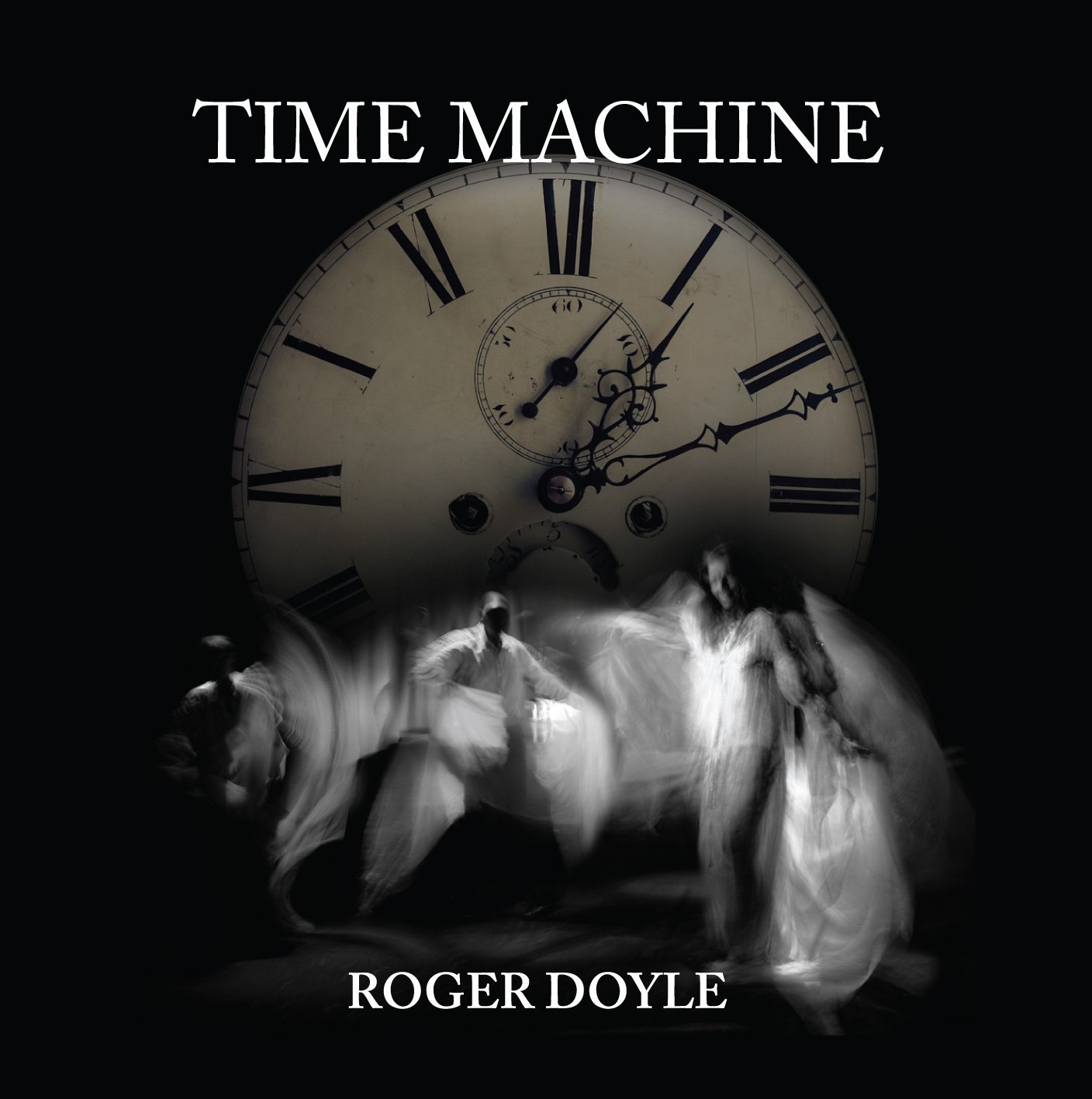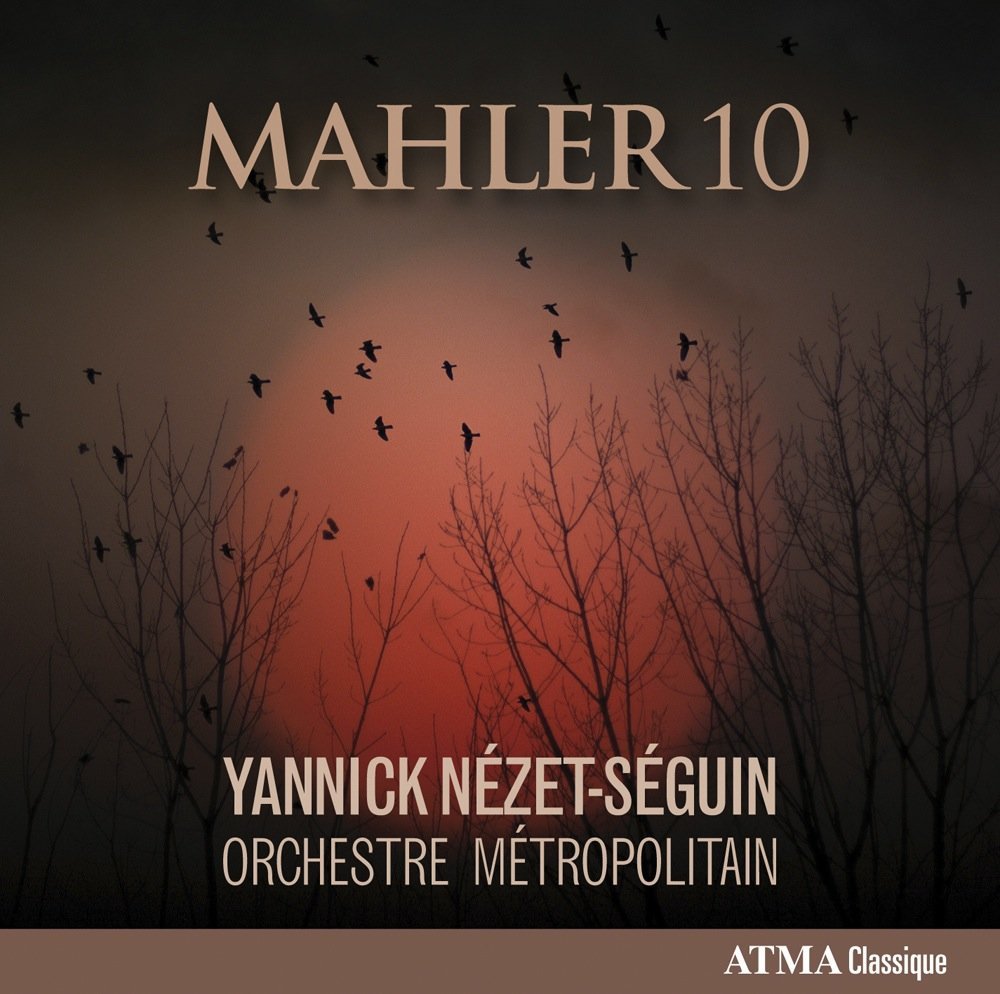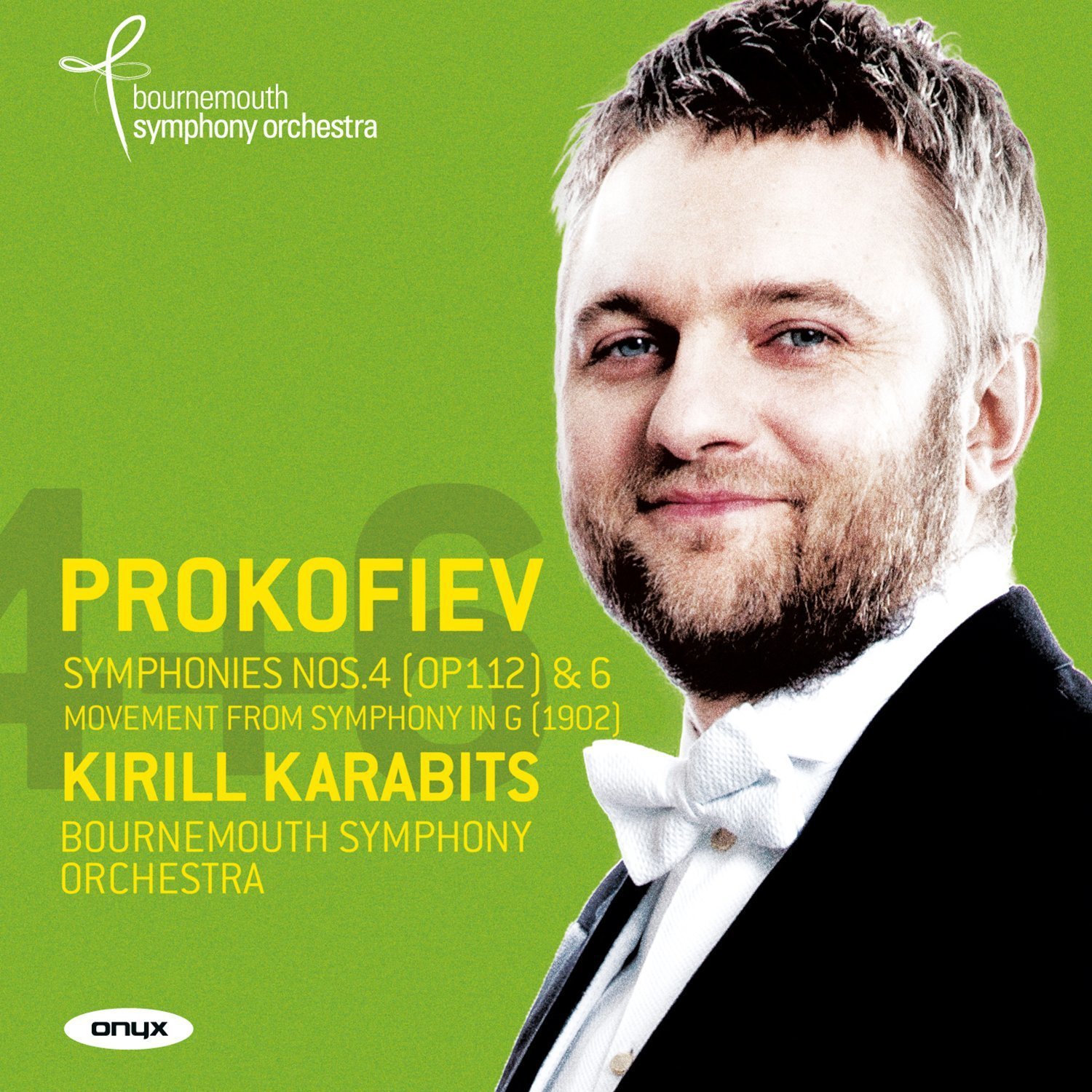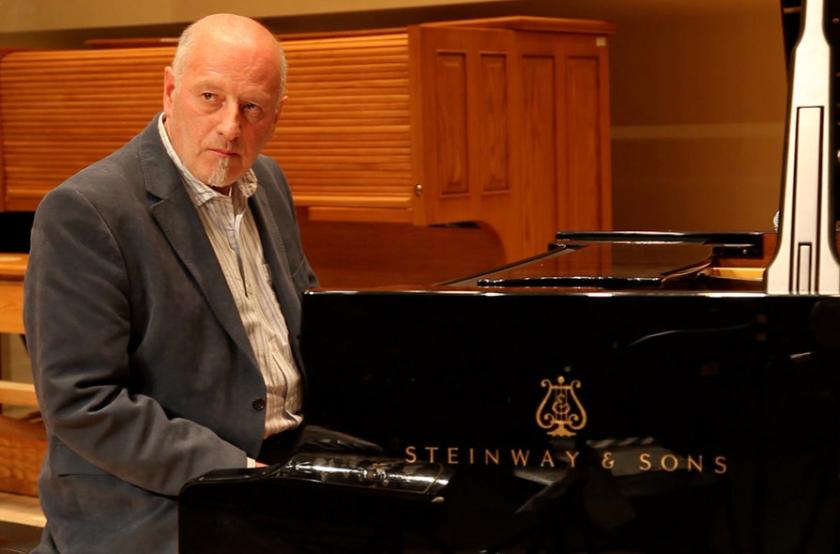 Roger Doyle: Time Machine (Heresy Records)
Roger Doyle: Time Machine (Heresy Records)
Roger Doyle’s Time Machine is a suite of 11 linked pieces, its starting point being the composer’s archiving of telephone messages recorded while living in late 1980s Dublin. Younger readers won’t know what an answering machine is, let alone understand the joys of living in a world without smartphones. One where calls could only be made or received if you were actually at home, and people turned up punctually to meetings. Happy days indeed. Doyle half-thought that his cassettes might eventually come in useful, and began to assemble the work from 2010. The results are surprisingly affecting and often poignant, especially as several of the speakers have since died. Doyle is best known in Ireland for his stage and film scores, and Time Machine’s movements have a theatrical immediacy and accessibility that’s highly engaging. This is attractive music, but it’s never simplistic, the taped voices used with subtlety and restraint. You don’t hear any in the opener, “Chalant”, which begins with zithery sounds, slowing into music of hushed expectancy. “Voices of Parents” features Doyle’s late parents congratulating him on a commission, along with typical familial chitchat.
We hear Doyle’s young son, and a surreal monologue from a broadcaster friend. Doyle’s friends send messages of support when he’s hospitalised after an asthma attack, and some alarming prank calls prompt the darkest music in the work. Steven Berkoff pops up after the opening of a production of Wilde’s Salomé for which Doyle provided the score. We’re brought up to date with computer generated messages from 2011, sent by Doyle to his son on becoming a grandfather. Fascinating, witty and moving – this disc deserves to be a cult hit.
 Mahler: Symphony 10 Orchestre Métropolitain/Yannick Nézet-Séguin (ATMA Classique)
Mahler: Symphony 10 Orchestre Métropolitain/Yannick Nézet-Séguin (ATMA Classique)
It's baffling that the likes of Solti, Bernstein and Abbado refused to conduct Deryck Cooke's performing edition of Mahler 10, while happy to perform Süssmayr's iffy completion of Mozart's Requiem. Cooke's idiomatic, non-interventionist realisation is still the best way to experience the work. Simon Rattle's earlier Bournemouth recording is one to track down; the orchestral execution may not be flawless, but there's a thrilling sense of purpose and discovery. Yannick Nézet-Séguin's Montréal reading is better still. His Orchestre Métropolitain strings aren't as well-upholstered as those of starrier bands, but they acquit themselves brilliantly: the chromatic viola line which opens the symphony is beautifully done. The huge outer movements are daringly expansive, but the tension doesn't falter. The Adagio's dissonant eruption is terrifying, leading to the mellowest of codas. The upbeat first scherzo is a delight here, the metrical changes handled with aplomb. Nézet-Séguin's trio oozes charm, Mahler neatly recycling the Adagio's main theme. Purgatorio is disconcertingly spooky.
You suspect that it’s Mahler’s fault that the sardonic second scherzo still sounds too spare and fragmentary, despite some excellent percussion at the close. But Nézet-Séguin's long Finale is terrific. The bass drum thwacks are terrifying, the big flute solo one of the best on record. Mahler's closing pages contain some of the warmest, most radiant music he ever composed, handled here with touching sincerity and affection. Sensationally good, in other words, and very well recorded.
 Prokofiev: Symphonies Nos. 4 and 6 Bournemouth Symphony Orchestra/Kirill Karabits (Onyx)
Prokofiev: Symphonies Nos. 4 and 6 Bournemouth Symphony Orchestra/Kirill Karabits (Onyx)
Prokofiev's Symphony No. 4 exists in two very different editions, and this final instalment in Kirill Karabits' cycle gives us the post-war revision. Twice as long as the 1930 original, it sounds in many places like an attempt to recapture the grandeur of No. 5. It's fascinating to listen to both versions back to back, and clear that the most memorable ideas are those which survive intact from the earlier incarnation. The glossy opening is a case in point, and the music doesn't become compelling until Prokofiev's limpid woodwind theme arrives 30 seconds or so in. Bigger orchestral forces are deployed, with prominent percussion and telling writing for piano. Too often it feels like the work of a skilled impersonator. And the extended finale's overblown coda isn't an easy listen, nowhere near as effective as the close of No. 5. But it's good to hear it, and there's much to admire in Kirill Karabits' performance. There's plenty of colour and character in the orchestral playing and tempi feel consistently right. The one snag is the blowsy, overblown sound, rendering some of the detail inaudible and wearisome at high volume.
There are already superb versions of Symphony No. 6 from Gergiev, Järvi and Litton. Karabits' account, sound issues apart, is also excellent, the mood one of angry defiance rather than tragic defeat. The first movement's violent development has real bite, and I like the brooding menace which Karabits brings to the same movement's ticking third theme. This is a genuine masterpiece, full of strange and wonderful things. Is this the only symphonic slow movement which begins fortissimo? And how does Prokofiev manage to make the Eb major final chord sound so pessimistic? As a bonus, we get a brief snatch of the composer's earliest surviving symphony, written at the age of 11. The energy and forward motion do suggest mature Prokofiev, though the melodies lack individuality.















Add comment